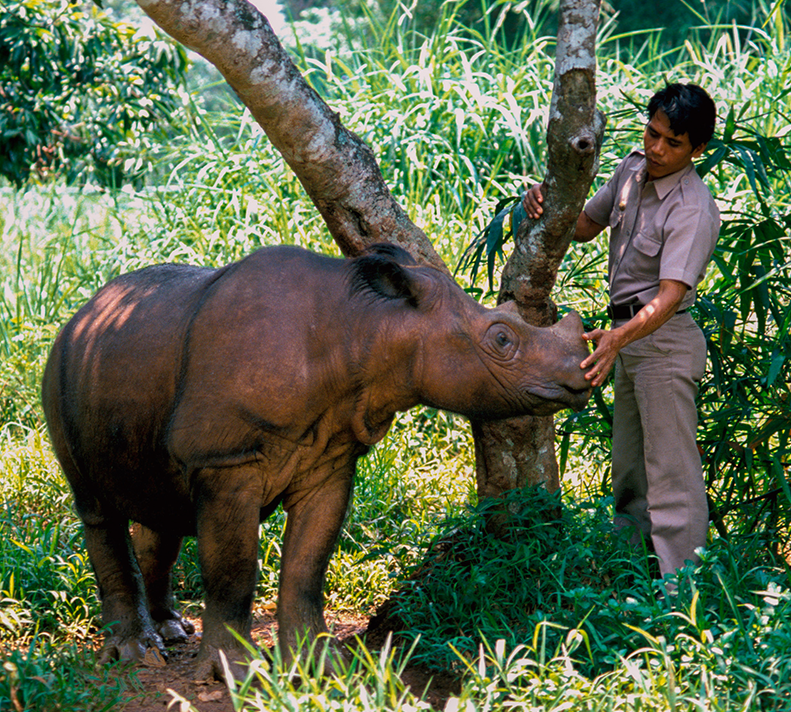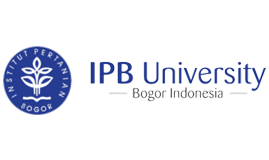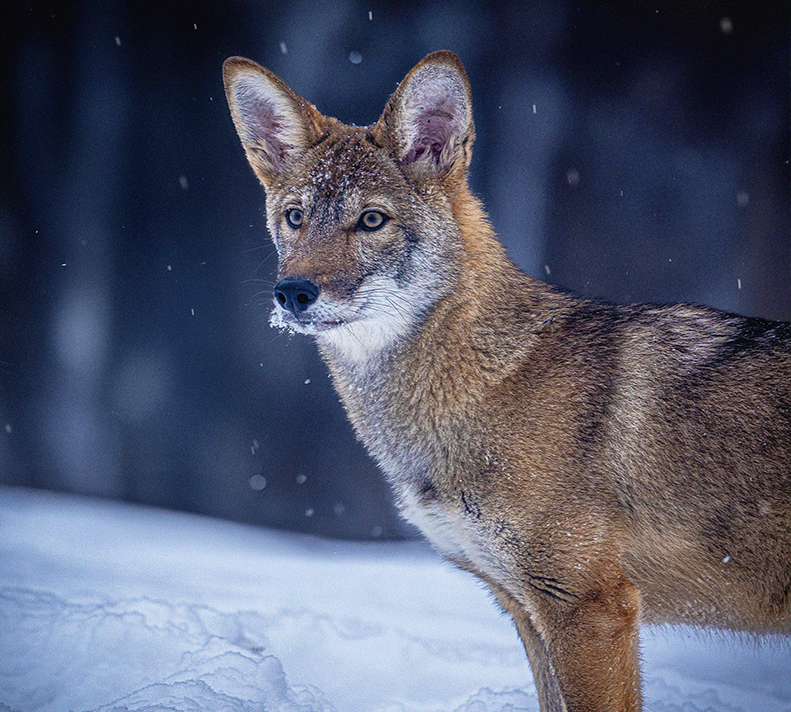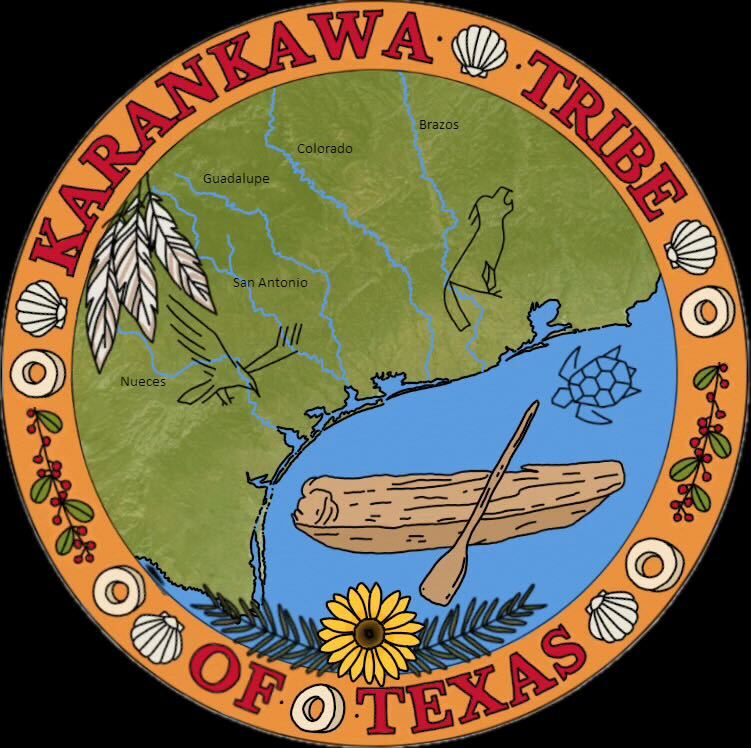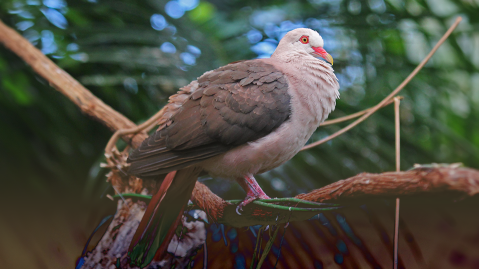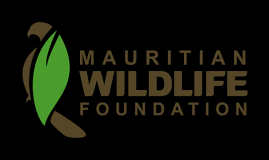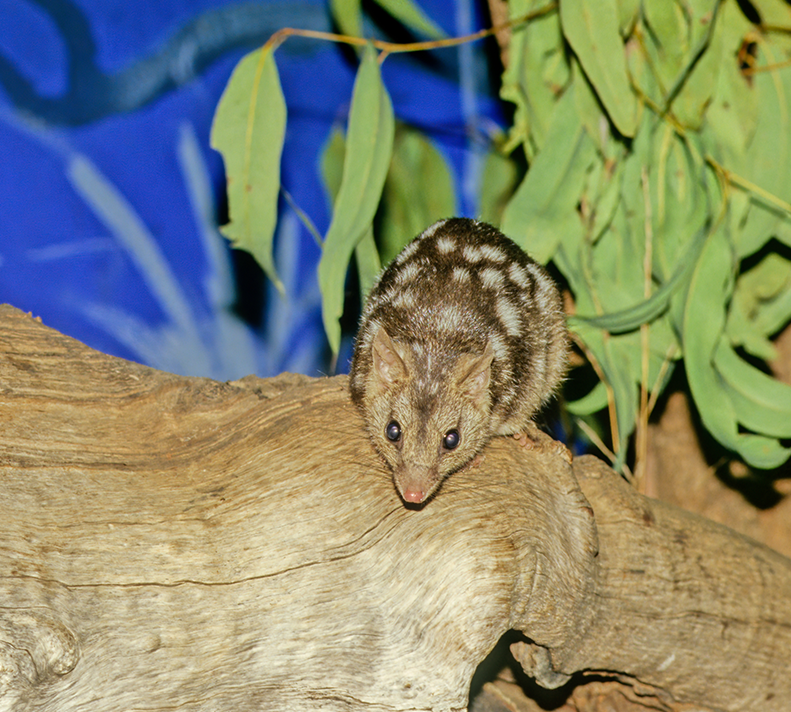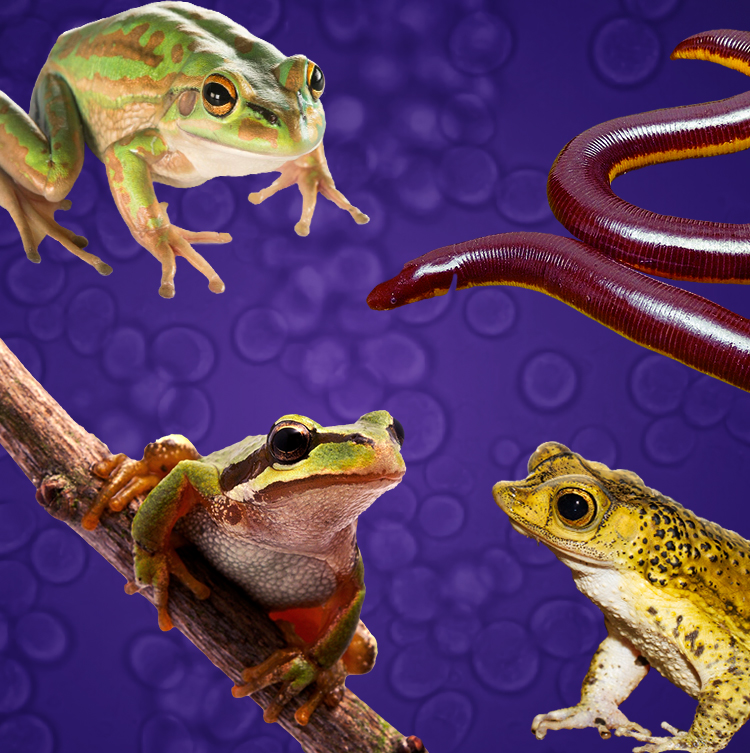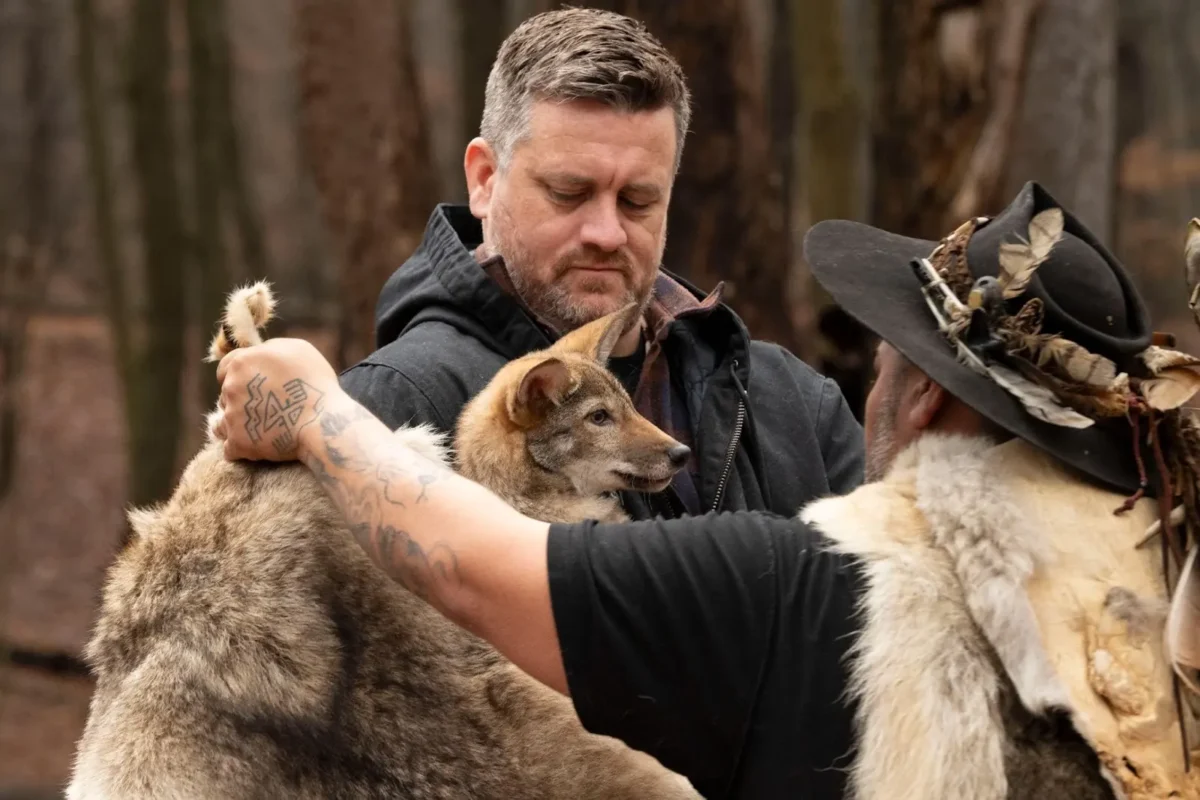
Saving Today’s
at Risk Species

Genetic Rescue of the World’s Most Critically Endangered Species

Genetic Rescue of the World’s Most Critically Endangered Species
Partnering with conservation efforts for which there is the possibility of applying genetic rescue to critically endangered species. In doing so the Foundation plans to build a model for integrating cutting-edge biotechnology technology with conservation efforts to bring back species that have been driven to extinction or are on the brink of disappearing.


Ongoing Projects

Northern White & Sumatran Rhinoceros

Engineering a Future for the Northern White Rhino
Colossal joins BioRescue for the Northern White Rhino project, sequencing viable museum samples to restore genetic diversity. Gene editing tools are being developed to enhance cell lines for embryo transfer, ensuring the restoration of lost genetic diversity.
Lab & Field NotesProtecting Sumatran Rhinos from Extinction
The Critically Endangered Sumatran rhino faces severe population declines due to habitat loss and low genetic diversity. This collaboration seeks to enhance existing breeding programs and leverage genetic sequencing and assisted reproductive technologies to support and increase the population of rhinos in Indonesia.
Lab & Field Notes
Vaquita


Rescuing the Panda of the Sea
The vaquita is the world's smallest cetacean, and it is on the verge of extinction. With only a handful of vaquitas left, this project employs state-of-the-art monitoring techniques to track and study the remaining vaquitas in the Gulf of California. By analyzing this data, the initiative seeks to enhance conservation efforts and develop effective strategies to stabilize and increase the vaquita population.
Lab & Field Notes
African & Asian Elephants

Saving Elephants from a Deadly Virus
Elephant Endotheliotropic Herpes Virus (EEHV) is a leading cause of death among juvenile elephants worldwide. This project aims to combat EEHV by developing vaccines and treatments to protect both captive and wild elephant populations.
Lab & Field Notes

Restoring the Ancestral Red Wolf Through Genetic Rescue
The Ghost Wolf Genetic Rescue Initiative is a groundbreaking conservation project led by Colossal Biosciences, the Gulf Coast Canine Project, and local partners to restore the critically endangered American Red Wolf using the unique genetics of Gulf Coast "ghost wolves." By integrating advanced genomics, cloning, and gene editing, this project aims to rebuild the lost diversity of the ancestral Red Wolf and reintroduce it into its native Gulf Coast habitat.
Lab & Field Notes
Pink Pigeon

Pink Pigeon Genetic Rescue
The pink pigeon, a bird native to the island of Mauritius, faces extinction in coming decades due to severe genetic erosion. This project employs cutting-edge gene editing techniques to genetically rescue the pink pigeon and reintroduce historic diversity into today’s population. Utilizing preserved DNA from museum specimens, the initiative seeks to strengthen the genetic resilience of the charismatic species, ensuring its long-term viability.
Lab & Field Notes
Northern Quoll

Engineering Cane Toad Resistance in Northern Quolls
The introduction of invasive cane toads to Australia has wreaked havoc on native marsupial predators who have suffered severe population declines due to the toad’s deadly toxins. One of the species that has suffered most is the Endangered northern quoll. This project uses advanced gene-editing technologies to introduce genetic resistance to cane toad toxin in northern quolls. By developing genetically resilient populations, the initiative aims to prevent the extinction of the northern quoll and restore ecological balance.
Lab & Field Notes

Saving Amphibians from Chytrid Fungus
Chytrid fungus has driven the extinction of at least 90 amphibian species and severely impacted over 500 others, making it the most devastating wildlife diseases in history. This project leverages innovative genetic engineering technology to protect amphibians by conferring immunity against chytrid infections.
Lab & Field Notes



